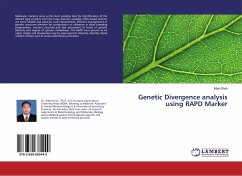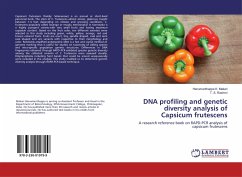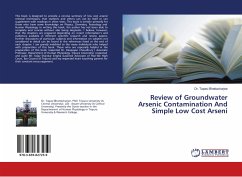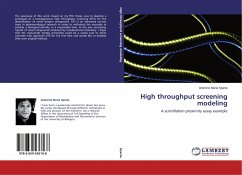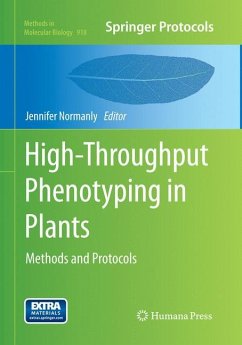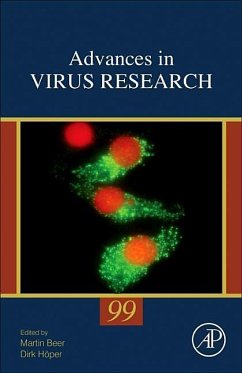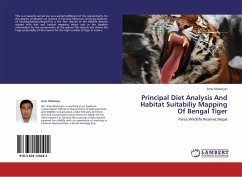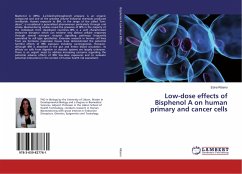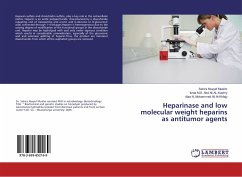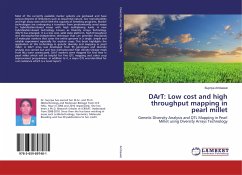
DArT: Low cost and high throughput mapping in pearl millet
Genetic Diversity Analysis and QTL Mapping in Pearl Millet using Diversity Arrays Technology
Versandkostenfrei!
Versandfertig in 6-10 Tagen
33,99 €
inkl. MwSt.

PAYBACK Punkte
17 °P sammeln!
Most of the currently available marker systems are gel-based and have various degrees of limitations such as sequential nature, low reproducibility and high assay costs which limit the capacity of breeding programs. Marker technologies are undergoing a transition from predominantly serial assays to hybridization-based assays with high multiplexing levels. A new hybridization-based technology known as Diversity Arrays Technology (DArT) has emerged. It is a low cost, solid state platform, high-throughput and electrophoresis-independent technique that can generate thousands of molecular markers t...
Most of the currently available marker systems are gel-based and have various degrees of limitations such as sequential nature, low reproducibility and high assay costs which limit the capacity of breeding programs. Marker technologies are undergoing a transition from predominantly serial assays to hybridization-based assays with high multiplexing levels. A new hybridization-based technology known as Diversity Arrays Technology (DArT) has emerged. It is a low cost, solid state platform, high-throughput and electrophoresis-independent technique that can generate thousands of molecular markers that cover the entire genome in a single, simple and reliable experiment especially for orphan crops. This book highlights the application of this technology in genetic diversity and mapping in pearl millet. A DArT array was developed from 95 genotypes and diversity analysis was carried out and two well-saturated high density linkage maps from RILs were constructed. DArT markers were mapped for first time in pearl millet which will be helpful for fine QTL mapping and other crop improvement programmes. In addition to it, a major QTL was identified for rust resistance which is a novel report.



